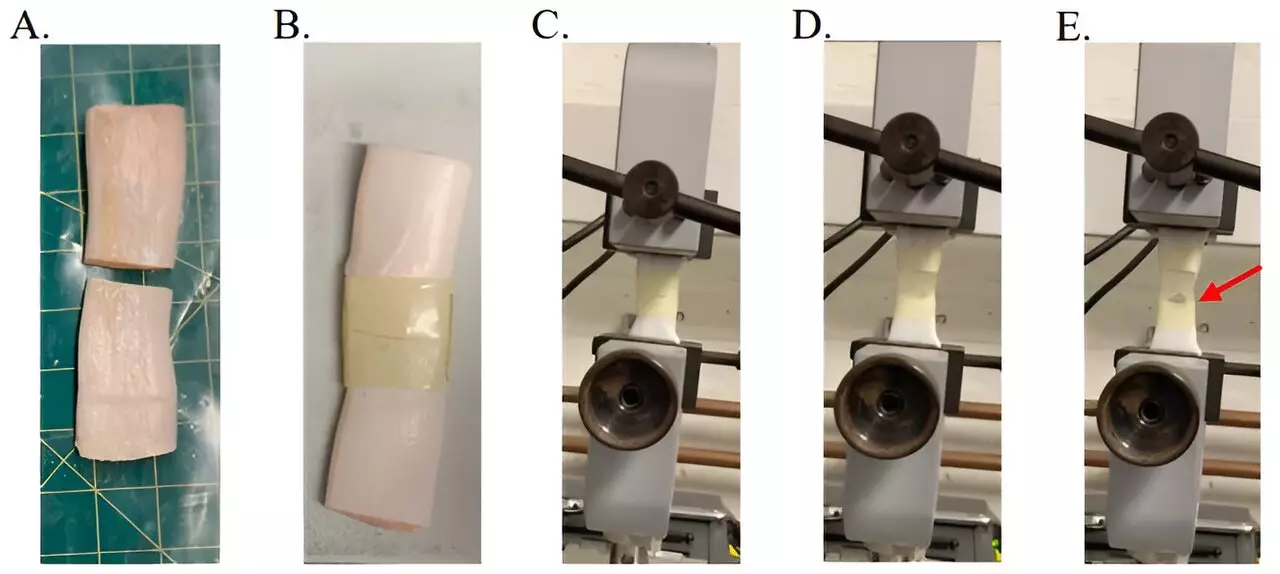In a significant advancement for both engineering and environmental sustainability, a team of bioengineers from the University of California, Berkeley, has unveiled a groundbreaking adhesive polymer derived from natural sources. Their research, featured in the prestigious journal Science, emphasizes the potential for eco-friendly adhesives that balance efficacy with environmental considerations. This innovation highlights the increasing demand for health-conscious and sustainable materials in both industrial and medical applications.
Adhesives play a crucial role in numerous industries, from construction to healthcare. However, traditional adhesives often pose serious environmental concerns due to their harmful components, which can adversely affect ecosystems. According to Zhibin Guan, a chemist at the University of California, Irvine, the challenge has been to create a universal adhesive that departs from the common practice of designing products for specific applications. The need for versatile, non-toxic adhesives is ever-pressing, given the impact of industrial waste and pollution on our planet.
The research team focused on polymers derived from α-lipoic acid, a naturally occurring fatty acid known for its biodegradable properties. By employing an electrophilic stabilizer, the team successfully inhibited the depolymerization process usually associated with α-lipoic acid, thus paving the way for its use as a durable adhesive. This method allowed them to craft a diverse range of adhesive products while ensuring that their impacts on the environment remained minimal. Such strides in biopolymer development suggest a promising future where we can shift away from petroleum-based products.
One of the distinctive features of the newly developed adhesives is their versatility. The research team rigorously tested these bioadhesives on various substrates, including wood, metal, and biological tissues, establishing their efficacy across a broad spectrum of applications. Remarkably, the team discovered that one variant of their pressure-sensitive adhesive displayed tenfold greater peel strength compared to conventional adhesives. It also performed exceptionally well in both wet and dry conditions, addressing limitations found in traditional products.
Another groundbreaking aspect of these bioadhesives is their self-healing capability, making them particularly well-suited for medical applications where reliability is paramount. This innovation not only enhances their functionality but also reduces waste, as damaged adhesives can repair themselves naturally. Furthermore, the researchers have devised a closed-loop recycling process, utilizing aqueous media to regenerate old adhesives into new ones. This step towards a circular economy underscores the vital role of sustainability in modern material science.
The innovative bioadhesives developed by the UC Berkeley team represent a harmonious blend of technology and environmental responsibility. As the demand for sustainable alternatives grows, their research exemplifies the path forward for industries reliant on adhesives. By shifting towards materials that are both effective and environmentally benign, we can significantly reduce industrial waste and foster a more sustainable future. The development of these adhesives is not merely an academic pursuit but a significant leap towards real-world application, addressing some of the most pressing environmental challenges of our time.


Leave a Reply